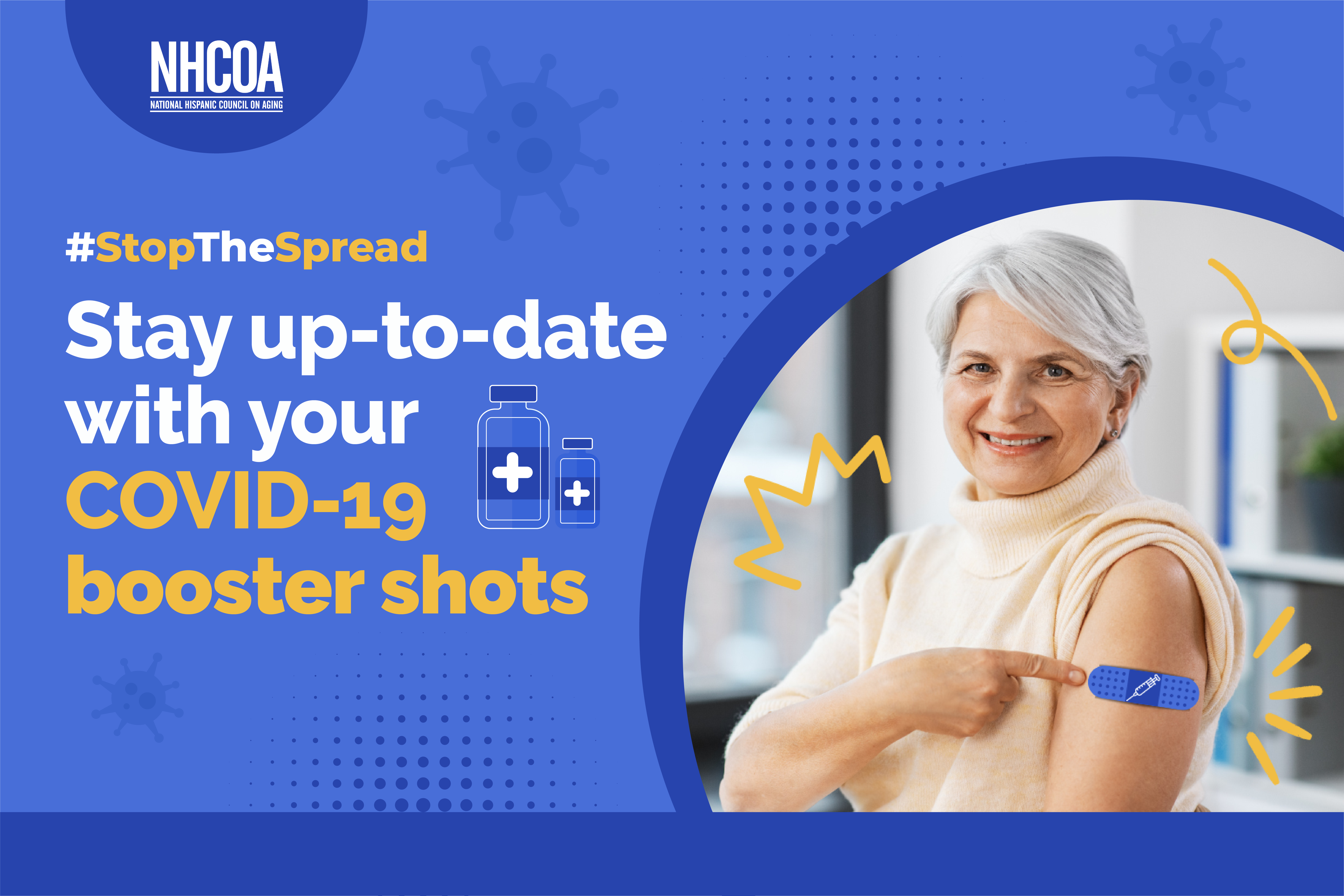
COVID-19 is still prevalent. We cannot yet say that we are free from the disease and its consequences, but we are slowly making it through the fight. The COVID-19 vaccines available in the United States are effective in protecting people from becoming seriously ill, being hospitalized, and dying. Getting vaccinated allows us to have the best protection against COVID-19, which means keeping up with the recommended doses, including booster shots.
Since the start of the pandemic in 2020, the virus that causes COVID-19 has changed over time and has mutated into different versions known as “variants.” In response to these variants, changes have been made to the COVID-19 vaccination plan, which now includes booster shots.
There are currently four COVID-19 vaccines approved or licensed in the United States:
- Pfizer vaccine by Pfizer-BioNTech
- Moderna vaccine by Moderna
- Novavax vaccine by Novavax
- Janssen vaccine by Johnson & Johnson (J&J)
However, only two manufacturers (Pfizer and Moderna) have developed updated (bivalent) booster shots against COVID-19.
Booster Shots
CDC recommends that all persons remain up-to-date with the COVID-19 vaccines that correspond to their age group. Updated booster doses (bivalent), recommended by age group, are available since:
- September 2, 2022, for individuals 12 years old and over.
- October 12, 2022, for individuals ages 5 to 11 and older.
CDC recommends that people 5 years of age and older receive an updated booster (bivalent) dose if it has been at least two months since the last dose of COVID-19 vaccine, and that people who received more than one original booster (monovalent) dose also receive an updated booster (bivalent) shot.
The updated booster shots are called “bivalent” because they protect against both the original virus that causes COVID-19 and the Omicron variant BA.4 and BA.5. The previous booster shots are called “monovalent” because it was designed to protect against just the original virus that causes COVID-19. They also provide protection against the Omicron variant, but not as much as the updated boosters.
If you want to stay up to date with your COVID-19 vaccines, you must complete your primary COVID-19 vaccination series and receive the most recent booster shot recommended by the CDC. This recommendation is based on three elements: age, first vaccine received, and time elapsed since the last dose received. Persons with moderate or severe immunosuppression should consider the most current recommendations appropriate to their health status.
Note that you are still up-to-date if you receive all recommended doses of COVID-19 vaccine and then become infected with COVID-19. You do not need to receive the vaccine right away, nor do you need to receive an additional booster shot. However, you might consider delaying your next dose (from the primary or booster series) for three months from the time you first experienced symptoms or, if no symptoms were experienced, from the time you received your positive test result.
Staying up-to-date with COVID-19 vaccines not only protects you but helps keep your loved ones and your community safe.
Source:
https://www.cdc.gov/coronavirus/2019-ncov/vaccines/stay-up-to-date.html

Recent Comments